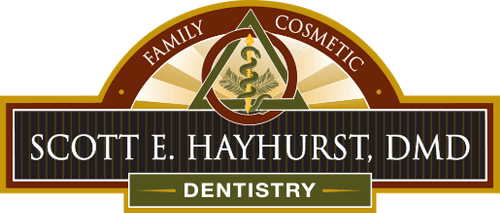The Benefits of Dental Sealants

Some people are prone to cavities, no matter how well they brush and floss. A predisposition to certain factors, including the composition and flow of saliva, diet, and even the strain of bacterial infection present in the body all contribute to the formation of cavities.
Tooth morphology is another contributing factor, one that the team at Scott E. Hayhurst Family and Cosmetic Dentistry can certainly help with. Food particles have a nasty way of getting caught in the deep grooves or fissures of your teeth, especially of yourmolars. This is a recipe for disaster… or rather, for cavities.
That’s where dental sealants come in.
What Are Dental Sealants?
The American Dental Association defines a dental sealant as “a thin, protective coating (made from plastic or other dental materials) that adheres to the chewing surface of your back teeth.”
The dental sealant procedure is quick and painless, and it creates a strong protective layer on the enamel of each tooth. The sealant fills in any nooks and crannies in your teeth, thus eliminating the opportunity for food bacteria to settle in and cause decay. While they can’t replace your daily dental hygiene routine, dental sealants can offer extra protection against cavities, and can reduce the risk of decay by up to 80% in your molars!
Who Can Benefit From Dental Sealants?
Dental sealants are most frequently recommended for children, as soon as their permanent teeth have erupted. It’s always better to prevent a cavity than have to try to fix it later. Helping to keep your kids’ teeth cavity-free from the get-go will help you save time, money, and some additional dental work down the road.
While they are primarily geared towards children, adults can benefit from dental sealants, too! No matter our age, we’re all susceptible to tooth decay. By establishing a strong barrier between the fissures in your molars and the food particles in your mouth, you’re eliminating an opportunity for bacteria to grow and for tooth decay to set in.
Dental sealants can be a great option for your family to help stop tooth decay in its tracks. Be sure to talk to your dentist about them at your next appointment!
